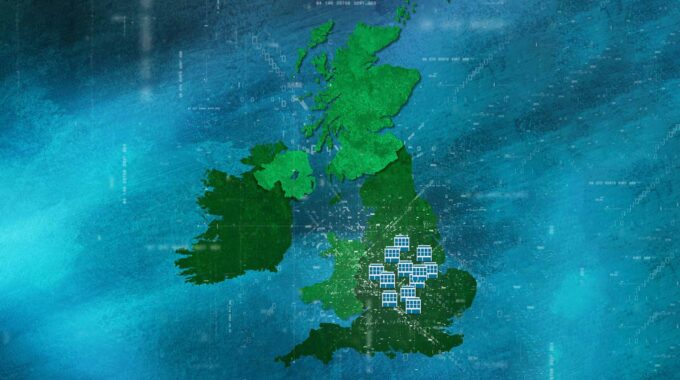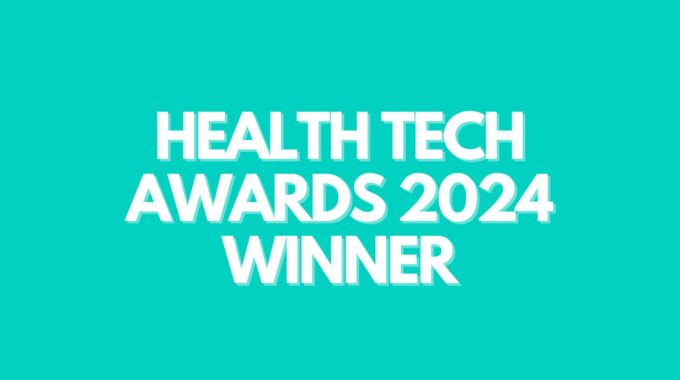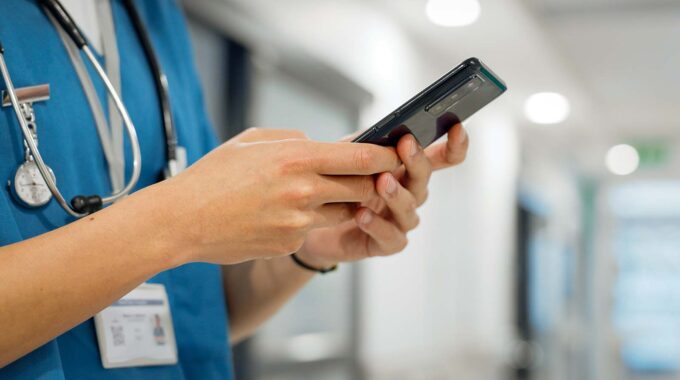A wave of NHS trusts is set to transform care at scale, fueled by Nervecentre’s…
Maidstone & Tunbridge Wells NHS Trust deploys mobile electronic observation solution to improve ‘recognise and rescue’ plans
NHS Trust deploys mobile electronic observation solution
to improve ‘recognise and rescue’ plans
Maidstone and Tunbridge Wells NHS Trust to deploy Nervecentre’s mobile electronic observation and handover solution to improve patient safety and outcomes
Maidstone and Tunbridge Wells NHS Trust (MTW) have agreed a five year deal with Nervecentre to deliver a trust-wide deployment of electronic nurse led observations. The solution will support nursing staff to capture observations electronically, calculate Early Warning Scores (EWS/PAR) via mobile devices and ensure all patient data is relevant and up-to-date at handover.
The Nervecentre system provides nursing staff with the ability to record and monitor patient observations via a mobile device. Its key functionality includes sophisticated cascading escalation, with deteriorating patients’ vital signs being relayed to the most appropriate clinician in order for a “recognise and rescue” plan to be put in place.
The system also includes a handover function used by both doctors and nurses which ensures there is a smooth transition from recording of information for handover, to continuous care. In addition, specialist functions such as Hospital-at-Night, will allow escalations out of hours – ensuring patient care remains consistent 24 hours a day.
As well as contributing to the paperless NHS goal, the implementation of the solution forms part of a trust-wide strategy (INSPIRE). The intention is to provide integrated systems supporting all patients in real time as well as using best of breed solutions which can provide mobile technology to improve patient care.
“The use of mobile technology is crucial in providing our nursing staff with the ability to escalate patient care to the most appropriate clinician in just one click” explained Donna Jarrett, Director of Health Informatics. “At that point all relevant information will be with the receiving clinician, leading to a significant improvement in the trust’s ability to ‘recognise and rescue’ a deteriorating patient,” she continued.
Avey Bhatia, Chief Nurse explained, “We are currently using manual sheets to record the observations and also calculate the scores. Legibility of handwriting and the time it takes to complete the forms increases the risk of errors. With the implementation of the Nervecentre solution, the whole process will be automated and available on a mobile device that can be used at the patient’s bedside; this will reduce the chance of errors and enable our nurses to spend more time with our patients and less time on administrative tasks.
With the nursing and clinical staff at MTW already trialling the system on two wards, the solution has had an immediate effect. “We’ve already seen an improvement in communication within the clinical teams. The use of mobile technology allows real-time visibility of a patient’s condition and we are therefore able to react more quickly should an issue arise,” explained Jarrett.




This Post Has 0 Comments